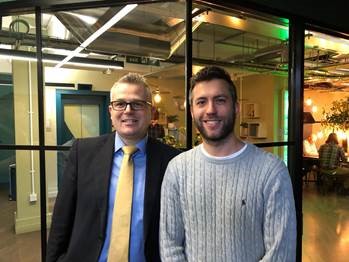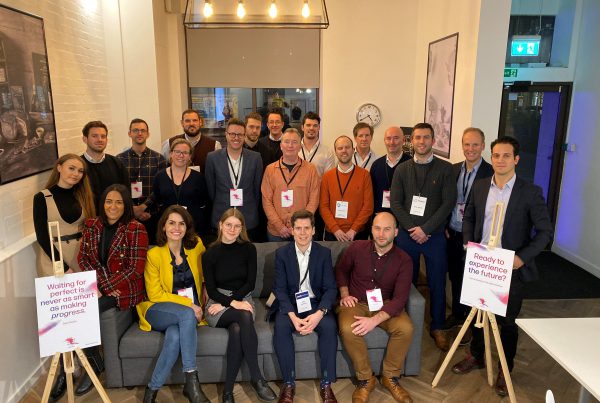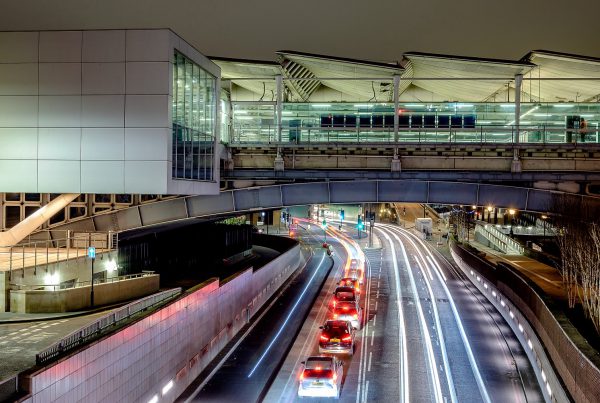
Key Take-Outs from the Event & Their Impact on Go-Ahead and the Wider UK Transport Industry
If there was a word of the year for innovation in the transport sector, it would no doubt be MaaS and the exciting opportunities it presents. The World Rail Festival in Amsterdam last week was a clear signifier that MaaS and Integrated Travel will be a keystone in the future of mobility. This is of course not the only piece to the puzzle, and a number of innovative start-ups and businesses at the festival highlighted the ongoing importance of the continued drive to improve the passenger experience across the future of connected journeys. Theodore Hammond (Govia Thameslink Railway) & Mark Anderson (Go-Ahead Group) will be looking at the interesting innovation from the festival and discuss the key take-outs from the event and their possible impact on Go-Ahead and the wider UK transport industry.
Before diving deeper into the different areas of innovation from the festival, there was one takeout that stood above the rest. It was that despite being a rail event, almost every seminar and presentation focused on the wider multi-modal picture. A clear demonstrator that in the years ahead transport operators will have to move towards an ever-increasing connected journey, breaking down barriers and working closer together than ever before.
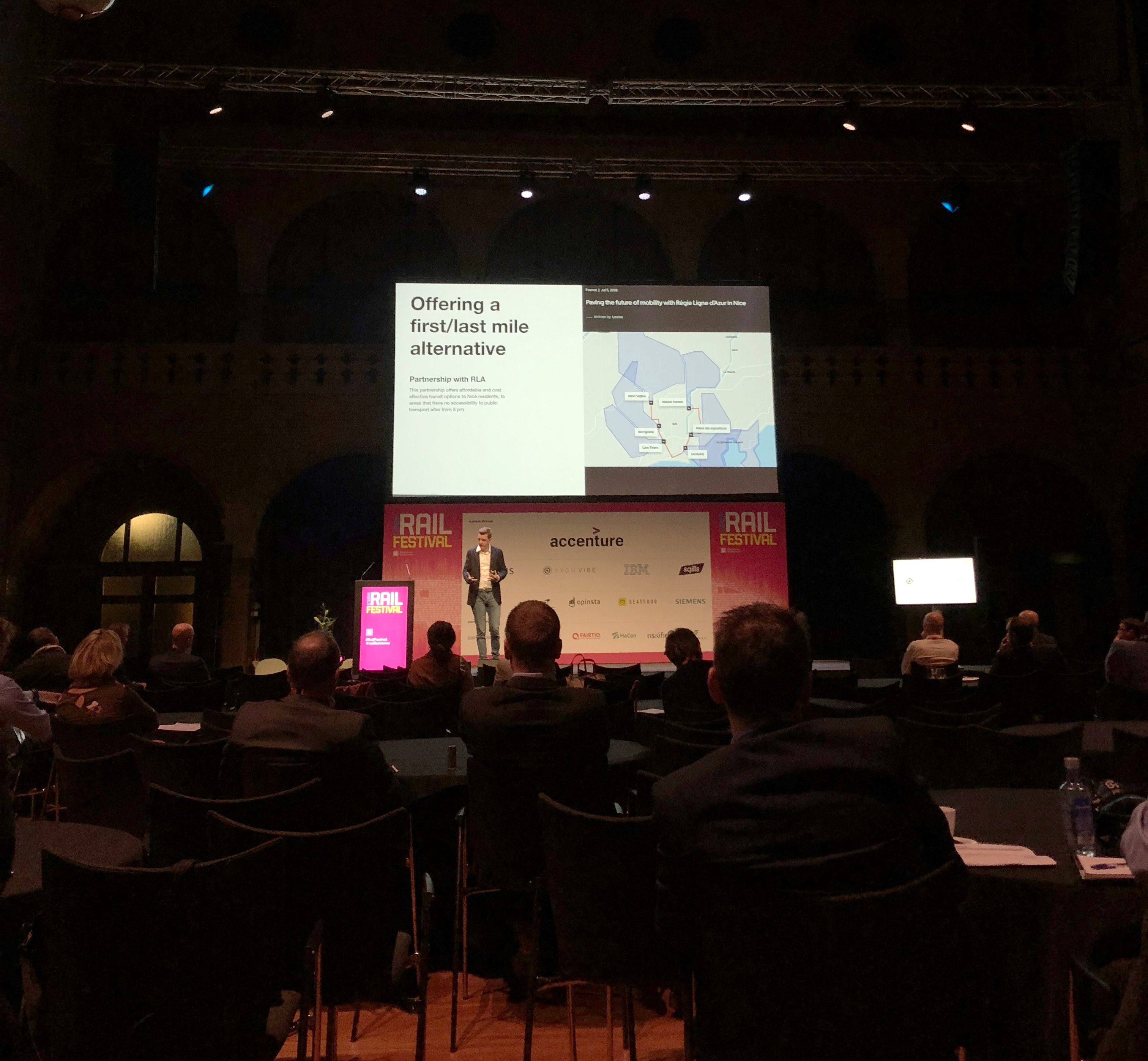 Over the two days of the festival, we took away three key areas of innovation in the transport sector that formed the core of the presentations and workshops at the event. These were Environmental, customer experience and centricity, shared mobility and Maas.
Over the two days of the festival, we took away three key areas of innovation in the transport sector that formed the core of the presentations and workshops at the event. These were Environmental, customer experience and centricity, shared mobility and Maas.
“The World Rail Festival was a great opportunity to hear from rail operators small and large across Europe who are all facing challenges in driving ridership and improving multi modal connectivity. At the event, we also met with suppliers offering products to help make Mobility as a Service a reality”.
Mark Anderson, Go-Ahead Group
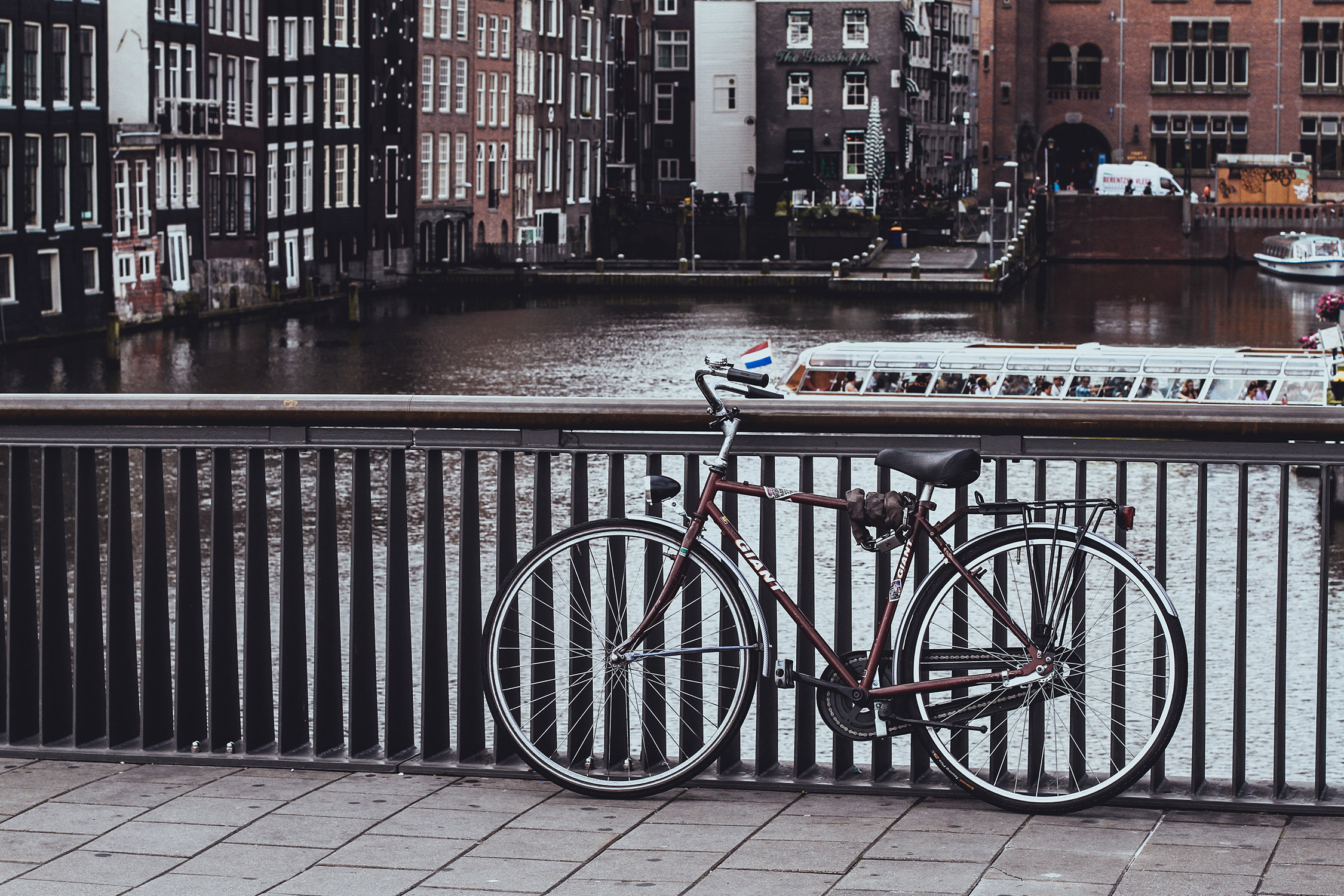
Amsterdam is an interesting environment to see the development of integrated journeys.
Environment
We all know that public transport will play a massively significant role in the future of our planet in reducing carbon emission and hitting the targets set by the Paris Agreement. We also know that creating even more environmentally sustainable solutions for our public transport networks will be key. This was made clear in the opening address panel for the event. Roger van Boxtel, CEO of NS Railways explained that on the Dutch Railways the power supplied is from 100% wind energy. NS vision is to make a wider contribution to society than just mobility, by playing a key role in reducing carbon emissions. NS also welcomed Eurostar entering the market as they think air dependence (62 flights per day Amsterdam to London) is a good market to go after for a financial and environmental reason.
Customer Centricity
Another key theme across the event was a continual demand to place the customer at the heart of the decisions mobility operators make in the future. Moving away from a purely engineering lead operation to an inclusive system that takes considerations from people as well as technology and hardware. BLS AG, a competitor in the Swiss Railways market has put the customer at the heart of their organisation. They recently conducted a piece of research that highlighted what passengers really wanted from their journeys on top of the existing service offering. Interestingly, above onboard catering, entertainment and frictionless ticketing, Swiss passengers considered an understanding of train load indication was the most beneficial service. Although highlighted they currently do not have a solution to deliver this.
However one of the companies on Cohort 2 of the Billion Journey Project, Citi Logik, will be pitching a possible solution to this on Demo Day on the 23rdJanuary 2019. Their non-hardware solution looks at using mobile phone data to understand train load capacity, with a front-end tool that allows passengers to see how busy a train is before it pulls into a station.
Eurostar has taken an equally customer-centric solution, digital retail through a data-driven approach. This is not in the form of an app but rather a digital retailer. The development of this, alongside benefitting passengers, is a that 3-4% of revenue now comes from ancillary sales. This is a clear demonstration that they are working towards future proofing for diversification.
As the UK’s largest privately funded multi-modal transport innovation programme, our ambition is to improve our customer’s experience. Attending events like this allows us to make sure that we are aware of the best in class in the industry to ensure we are always striving to deliver for our passengers.
Shared Mobility & MaaS
Our key takeout from the event was that the focus across the board was that of MaaS and Shared Mobility. GVB (The Gemeentelijk Vervoerbedrijf is the municipal public transport operator for Amsterdam,) are planning for the future of mobility in Amsterdam. They recognise the need to focus on improving access to shared mobility in suburban low-density areas as well as urban areas. They agree that MaaS needs to be underpinned by government standards. https://en.gvb.nl/
We were also very interested to see Uber on the list of speakers for the event, and possibility as an interesting insight into the future. They explained how 20% of journeys are now Uber pool and the business is moving beyond hailing to sharing. They have ambitions to become a mobility platform rather than just a ride-hailing app. They supported this with evidence, including an investment in e-bikes and other first-mile last mile solutions and in Masabi for in-app payments. They currently have a MaaS trial currently in place in Nice and an investigation into high capacity vehicle trial in Egypt. https://qz.com/africa/1084624/cairo-uber-is-getting-set-to-launch-national-bus-service-in-egyp/
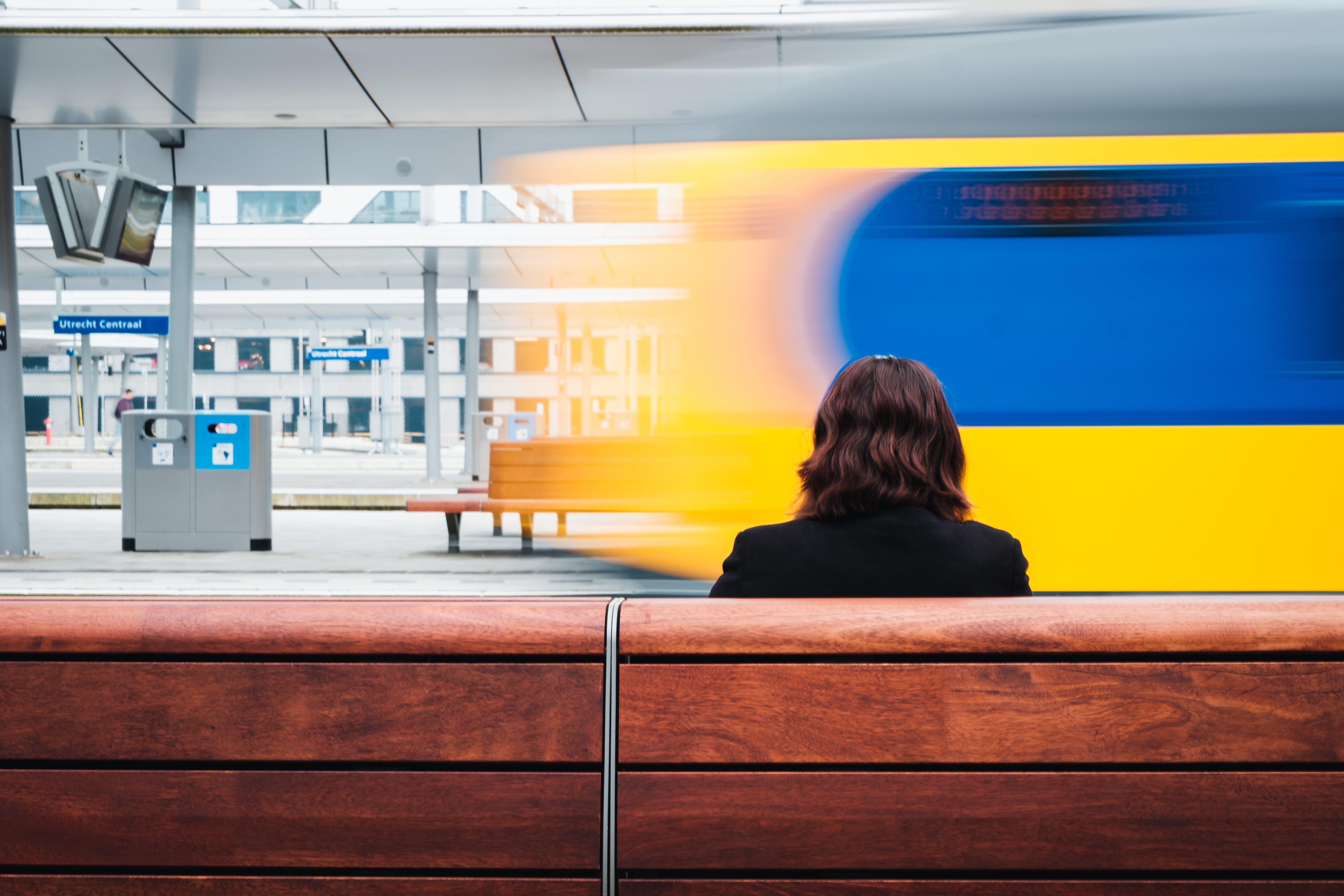
Technology
The Billion Journey Project strives to bring the best in class technology to the rail & bus industry through collaboration with UK and International scale-up companies. We heard from many interesting speakers over the event, but a few stood out for the impact their technology will have on the future of transport.
AR (augmented reality) is a well-known abbreviation when we talk about technology over recent years with global corporates, from Ikea (https://www.youtube.com/watch?v=xC6t2eEPkPc) to Yelp with their Monocle app, getting involved. The Caledonian Sleeper have now joined the party. They successfully invested in Augmented Reality to promote their new rolling stock 18 months prior to delivery. This enables experiential marketing to reach new audiences and build awareness of the brand. The tech was so good that they are continuing to use it even though the first deliveries or new rolling stock have arrived. http://newtrains.sleeper.scot/
Axon Vibe is another exciting company who were gold sponsors of the event in Amsterdam. They spoke about the uber-isation of public transport with MaaS enabling smart citizens to access intuitive mobility services that predict passenger needs. Their simple UX allows for door to door journey planning and learning. They are part of the second cohort of the Billion Journey Project and will be pitching their delivery ready solution at Demo Day on the 23rd January 2019. https://axonvibe.com/
What this Means for Go-Ahead + The Billion Journey Project
As one of the UK’s largest transport operators, Go-Ahead will play a key role in delivering public transport for the country. It’s ownership of the UK’s largest rail franchise GTR and sister operator Southeastern along with 10 national bus companies mean that it has the potential to sit at the very centre of the future of connected journeys. At The Billion Journey Project, we believe that Go-Ahead is very much part of the future of mobility and should continue its collaboration with the wider industry to ensure the continued development and improvement of public transport in the UK.
Go-Ahead are continuing their commitment to keeping the future of transport at the heart of their operations. The Billion Journey Project is a clear demonstration that innovation is taking place across the business. To date, more than 70% of the companies that join the programme win ongoing work with Go-Ahead and it’s operating companies. This means that passengers across the Group will start to see these innovations improving their experience on our trains and buses. The ambition of the Project is that ‘One idea can transform a billion journeys’, from the World Rail Festival we certainly found more than one.
Written By:
Theodore Hammond & Mark Anderson


